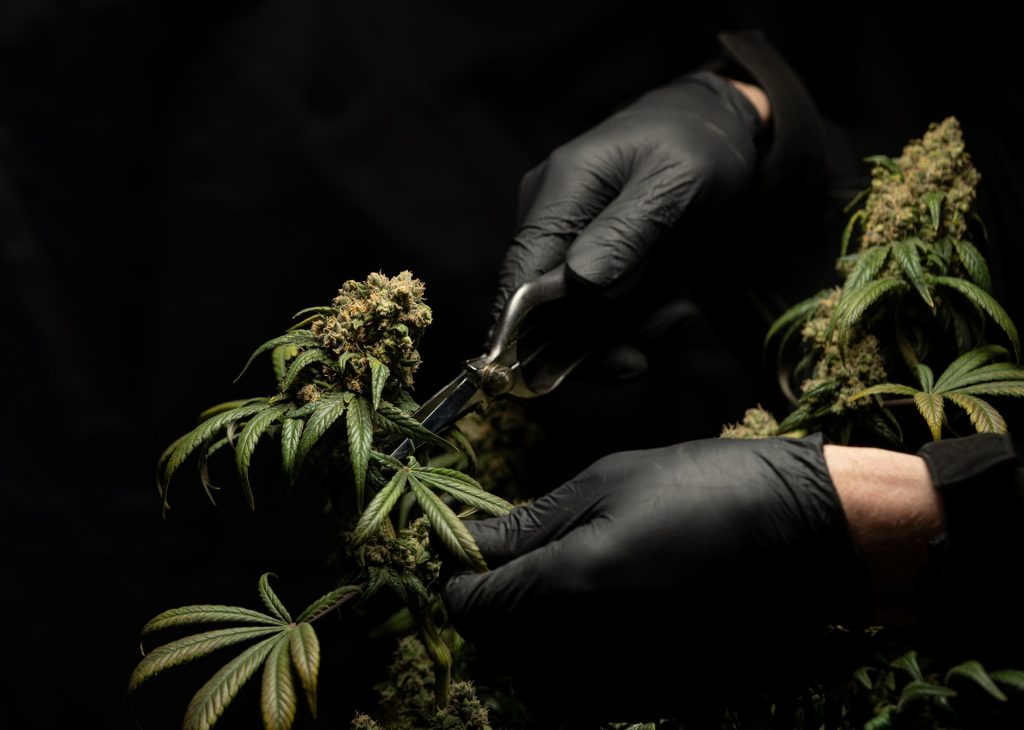
Using cannabis alongside other drugs may come with a significant risk of harmful drug-drug interactions, according to a pair of new studies in the journal Drug Metabolism and Disposition.
The researchers examined cannabinoids and their major metabolites found in the blood of cannabis users and found that they interfere with two families of enzymes that help metabolise a wide range of prescription drugs. Because of this, the drugs’ effectiveness might decrease or their negative effects might increase with too much building up in the body, causing unintended side effects such as toxicity or accidental overdose.
The authors note that despite the early stage of this research, it is important to be careful when using cannabis with other prescription drugs.
“Physicians need to be aware of the possibility of toxicity or lack of response when patients are using cannabinoids,” said Professor Philip Lazarus, senior author on the papers. “It’s one thing if you’re young and healthy and smoke cannabis once in a while, but for older people who are using medications, taking CBD or medicinal marijuana may negatively impact their treatment.”
One study focused on a family of enzymes known as cytochrome P450s (CYPs), whereas the other looked at UDP-glucuronosyltransferases (UGTs), another enzyme family. Together, these two enzyme families help metabolise and eliminate more than 70% of the most commonly used drugs from the body.
While some previous research focused on potential drug interactions caused by cannabinoids, this new research provides the first known comprehensive look at the interaction between three of the most abundant cannabinoids (tetrahydrocannabinol (THC), cannabidiol (CBD) and cannabinol (CBN)) and their metabolites and all of the major CYP enzymes. This is also the first known research that looked for interactions between these cannabinoids and UGT enzymes, specifically.
“Cannabinoids stay in your body only for about 30 minutes before they are rapidly broken down,” said first author Shamema Nasrin. “The metabolites that result from that process stay in your body for much longer – up to 14 days – and at higher concentrations than cannabinoids and have been overlooked in previous studies, which is why we thought we should focus on those as well.”
Using human kidney cells, they found that cannabinoids and the major THC metabolites strongly inhibited several CYP enzymes. One key discovery was that one of the most abundant THC metabolites, called THC-COO-Gluc seems to play a major role in inhibiting several key enzymes in the liver. Looking at the UGT enzyme family, the researchers found that all three cannabinoids, but especially CBD, inhibited two of the primary UGT enzymes present in the liver. CBD was also found to block three enzymes that account for about 95 percent of kidney UGT metabolism, which helps clear toxins and certain drugs from the body.
“If you have a kidney disease or you are taking one or more drugs that are metabolised primarily through the kidney and you’re also smoking marijuana, you could be inhibiting normal kidney function, and it may have long-term effects for you,” Prof Lazarus said.
Nasrin added that these interactions between CBD and UGT enzymes could be inhibiting kidney function in patients with acute kidney disease or kidney cancer, who may be using CBD to treat pain or to try to reduce the side effects from anti-cancer drugs.
“Taking CBD or marijuana might help your pain but could be making the other drug you’re taking more toxic, and that increase in toxicity may mean that you can’t continue taking that drug,” Nasrin said. “So, there could be serious ramifications for anti-cancer drugs, and that’s only one example of the many drugs that could potentially be affected by the cannabinoid-enzyme interactions we’re seeing.”
Source: Washington State University

